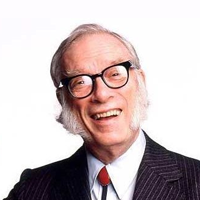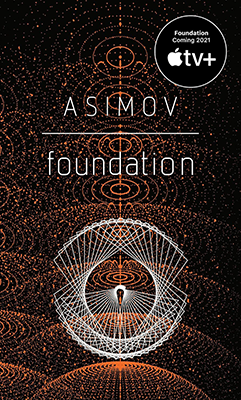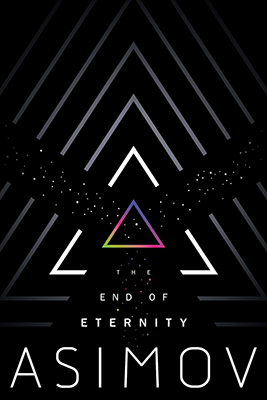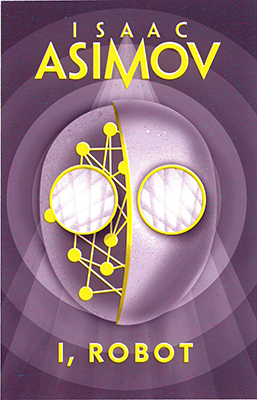
Isaac Asimov
Isaac Asimov, born Isaak Yudovich Ozimov on January 2, 1920, in Petrovichi, Russia, was a prolific and influential American writer and biochemist, best known for his works of science fiction and popular science.
Asimov’s family immigrated to the United States when he was a young child, settling in Brooklyn, New York. He showed an early aptitude for learning and began writing stories at a young age. Asimov attended Columbia University, where he earned a bachelor’s degree in chemistry in 1939 and a Ph.D. in biochemistry in 1948.
While pursuing his scientific career, Asimov began writing science fiction stories in the 1930s. He quickly gained recognition for his imaginative storytelling and his ability to blend scientific concepts with engaging narratives. Asimov’s breakthrough came with the publication of his short story “Nightfall” in 1941, which is considered one of the greatest science fiction stories of all time.
Throughout his career, Asimov wrote hundreds of science fiction novels, short stories, and essays, including the iconic “Foundation” series, the “Robot” series, and the “Galactic Empire” series. His works explored themes such as robotics, artificial intelligence, space exploration, and the future of humanity.
In addition to his fiction writing, Asimov was also a prolific non-fiction author, writing extensively on a wide range of scientific topics for both general and academic audiences. He published numerous books on subjects such as astronomy, biology, chemistry, and physics, earning him a reputation as one of the foremost popularizers of science in the 20th century.
Asimov’s contributions to both science fiction and popular science earned him numerous awards and honors, including multiple Hugo and Nebula Awards for his fiction, as well as the Humanist of the Year award from the American Humanist Association for his contributions to humanist thought.
Isaac Asimov passed away on April 6, 1992, but his legacy continues to inspire readers and writers alike, and his influence on the genre of science fiction and popular science remains profound.



